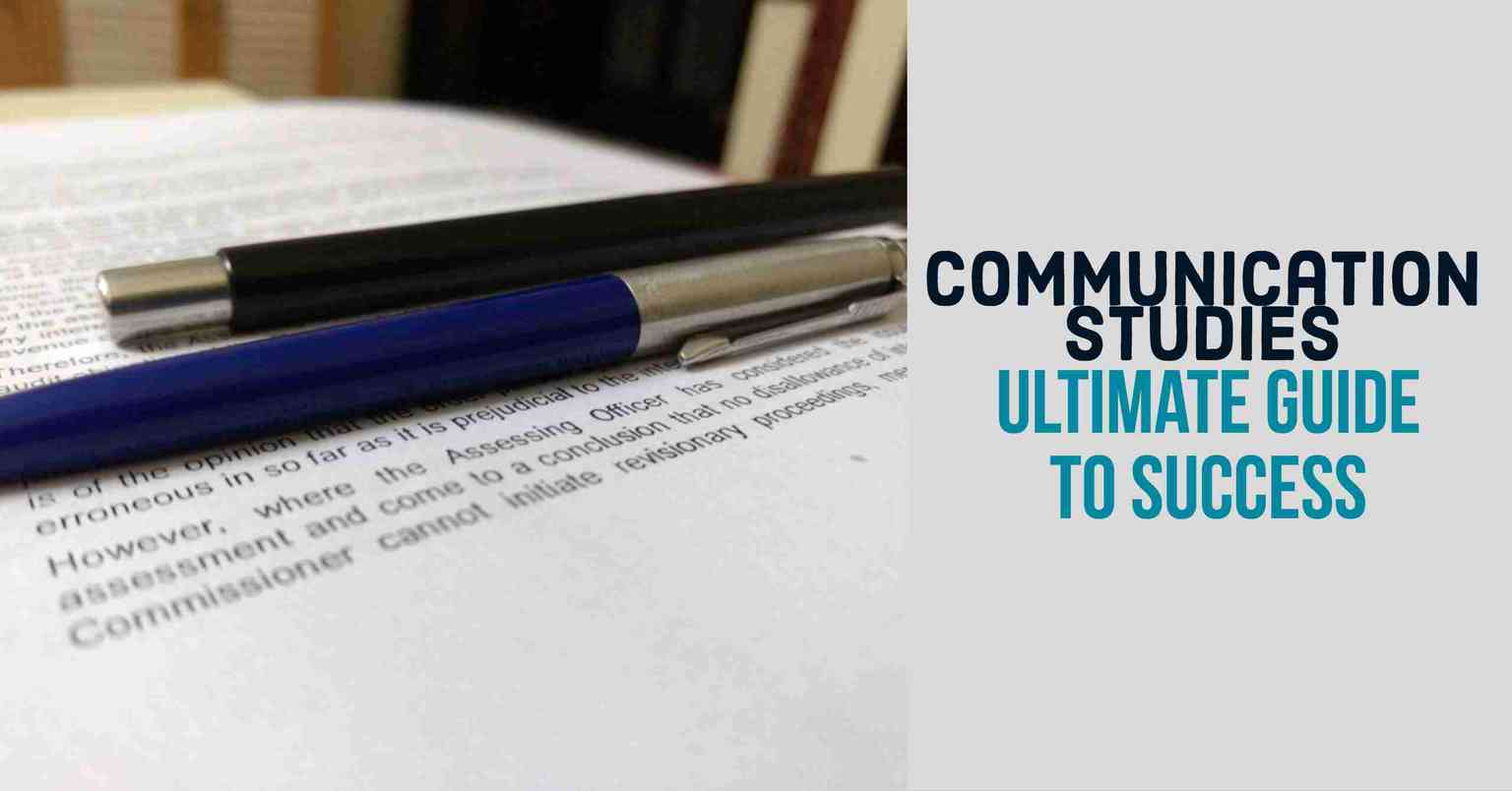

Communications studies Course Overview
Communications have evolved in leaps and bounds, with technology bringing profound changes in how we experience the world and conduct social, political and commercial affairs. The study of communications looks at these processes, and the effects of interpersonal and mass communication. This involves how we produce, receive and process verbal and non-verbal information. It will suit you if you want a career in communications or the media, but still want to keep your options open with regards to specialisation. Alternatively, you may be just interested to study the wide and crucial role that communications plays in the modern world.
What will you study?
Students will learn about intercultural communications, the changes in how we give and receive information, the way we construct our identities, and the erosion of public-private boundaries. It is a broad-based academic degree programme.
Core subjects
Mediated communication; applied communication in training and development; human communication and language; communication in specific contexts (family, health, interpersonal, non-verbal, organisational); concepts in communication arts; introduction to psychology; linguistics; persuasion skills; studying television.
Typical course duration
This course usually takes about three years to complete.
Prerequisites
You will need a good graps of languages, although this is not always a prerequisite.
What do graduates do?
As a graduate, you can work in advertising, public relations, education, publishing, business or other areas of work with communication-related responsibilities.